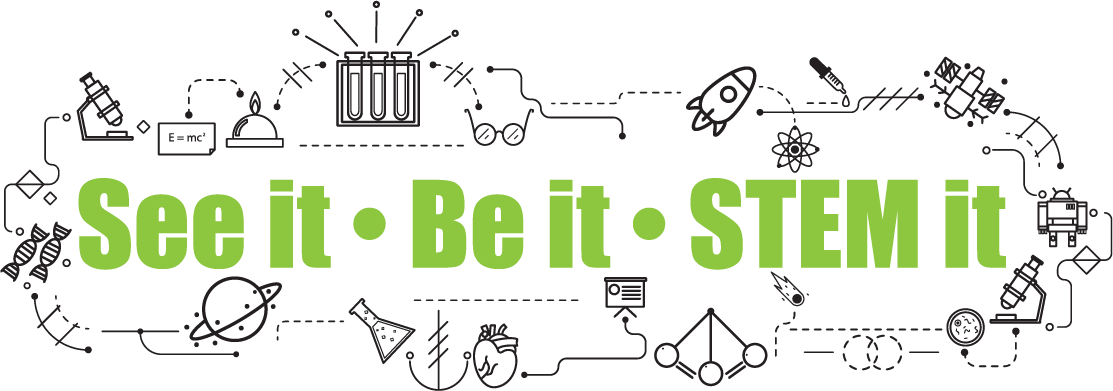Meet Erin McConnell
Erin, at a castle in Scotland, while she was doing a Highland Dance performance.
Erin McConnell has a Bachelor of Science (honours) in Neuroscience with a minor in Chemistry from Carleton University. Also has a Ph.D. in Chemistry from Carleton University. She currently works as a Postdoctoral Fellow at University of Ottawa, Department of Physics. In her spare time, Erin likes to dance and take traditional Scottish highland dancing lessons. Also volunteer her time to science outreach and education initiatives, such as the Canadian Association for Girls in Science (CAGIS).
When did your love of STEM begin?: I have always been a curious person, even as a child, I was constantly asking “why?”. I loved reading, watching documentaries, going to museums, being in nature, and asking questions to understand the world around me. I loved television shows like Bill Nye The Science Guy and The Magic School Bus because I had a passion for teaching and learning even at a young age. It wasn’t until I was in my undergraduate studies that I learned I could do scientific research as a career. I had an incredible chemistry professor who inspired me to try research, and would later become my mentor through graduate school and beyond.
What is the best part about working in the field of STEM?: I love working in STEM because you get to ask questions and find answers! Sometimes you even get to be the first person to see something or to discover it. Working in STEM also lets me combine my passion for teaching and lifelong learning. I also like being able to give back through science outreach and as a mentor, to help empower and inspire the next generation of scientists.
What advice would you give young women interested in a career in STEM?: Be unstoppable! More than ever there are opportunities to do and be whatever you want to be - don’t let anyone tell you that you can’t. Of course each of us face our own obstacles, but there will always be other scientists willing to help you succeed. As scientists we have more access to information and resources than ever before and can work together to solve big problems. When scientists come together we can make positive change - the way the world came together to fight the Covid-19 pandemic is an excellent example of that.


